The skills required to be a Product Manager or a Digital Project Manager overlap and there is a large interaction between them, but they are quite distinct roles in business and often misunderstood.
In order to understand the difference between the roles of a Product Manager and a Project Manager, it is first important to have clearly defined the differences between a “product” and a “project”.
What is a Product?
A product is anything that can be offered for sale; to solve a problem or to satisfy a want or need.
A product can be physical or virtual, an item or a service. It should be relevant, have users, and functionally be able to do what it is supposed to do.
Every product has a useful life, and products have life cycles. The stages of a product’s life cycle are as follows:
A product is first conceived, then it is developed. Once ready it is introduced to the market where it will grow and mature. It will need to be managed within the market, and finally when the need for a product diminishes then it will be retired.
The needs of customers change over time. It is therefore important that products evolve and improve to ensure they continue to meet those needs.
What is a Project?
A project is a temporary activity. A project is commenced and executed, either individually or collaboratively, to create a unique product or service. The parameters and aim of a project are clearly defined so as to be clear about what is to be delivered.
The main way to identify a project, as distinct from a normal business operation, is a defined start and end point. The delivery date for a project may move or change, but there will always be a close because the production of a defined product or deliverable is the definition for its end.
A product can only be developed within a project. Within the life cycle of a product there can be several projects, for example as the product evolves to meet consumer needs.
What is a Product Manager?
The role of a Product Manager can vary significantly depending on the nature of the product and the company. At the core of their responsibilities are 4 competencies: product strategy, product research, product delivery, product release & optimization. These are then communicated using a product roadmap, created by the Product Manager.
Generally, a Product Manager manages the product concept to design, the production of a sample, and then the testing of that sample. They would be expected to forecast cost, mass production, promotion, support, and finally define the product’s end of life.
Product Managers often undertake an emphasis on marketing activities through research, strategic planning, and implementation. They need to analyze data relating to critical product information, market, competitors, customers, prospects, and industry.
What is a Project Manager?
A Project Manager delivers the vision of the product and has overall responsibility for it. A Project Manager has to be a leader, ensure quality, and be able to wear many hats.
Responsibility and accountability is a key feature of project management because a Project Manager is responsible for making big decisions during the course of a project, and ratifying the decisions of others.
Project Managers gather the project requirements and prioritize when and how to perform the necessary stages. They set and manage the budget and oversee all elements of the project’s development until closure.
Anyone with an interest in a project’s outcome is called a “stakeholder”. Stakeholders are usually the project team members, managers, executives, sponsors, customers, and users. They are invested in and will be affected by the project. Stakeholders can be individuals or entire organizations.
People skills are vital for a Project Manager because teams of people deliver projects and the Project Manager manages those individuals, as well as be able to communicate effectively with all of the project stakeholders. A successful Project Manager can deal with disagreements and conflict, and be able to motivate their team. This may require doing some coaching, training, and mentoring of people working on the project.
Taking the next steps toward a new career
Organization and communication are key in any management role. And acquiring the skills and learning the different management styles will make you an effective manager.
Now that you understand more about these exciting roles, learn more about becoming a Digital Project Manager or Product Manager with OpenClassrooms.
You can also book a call with one of our Student Success Team members in case you have further questions.








